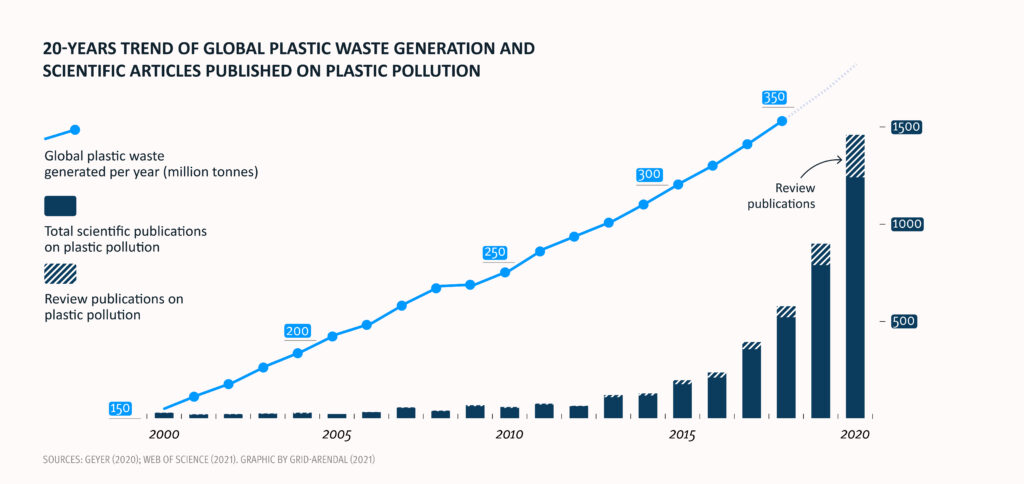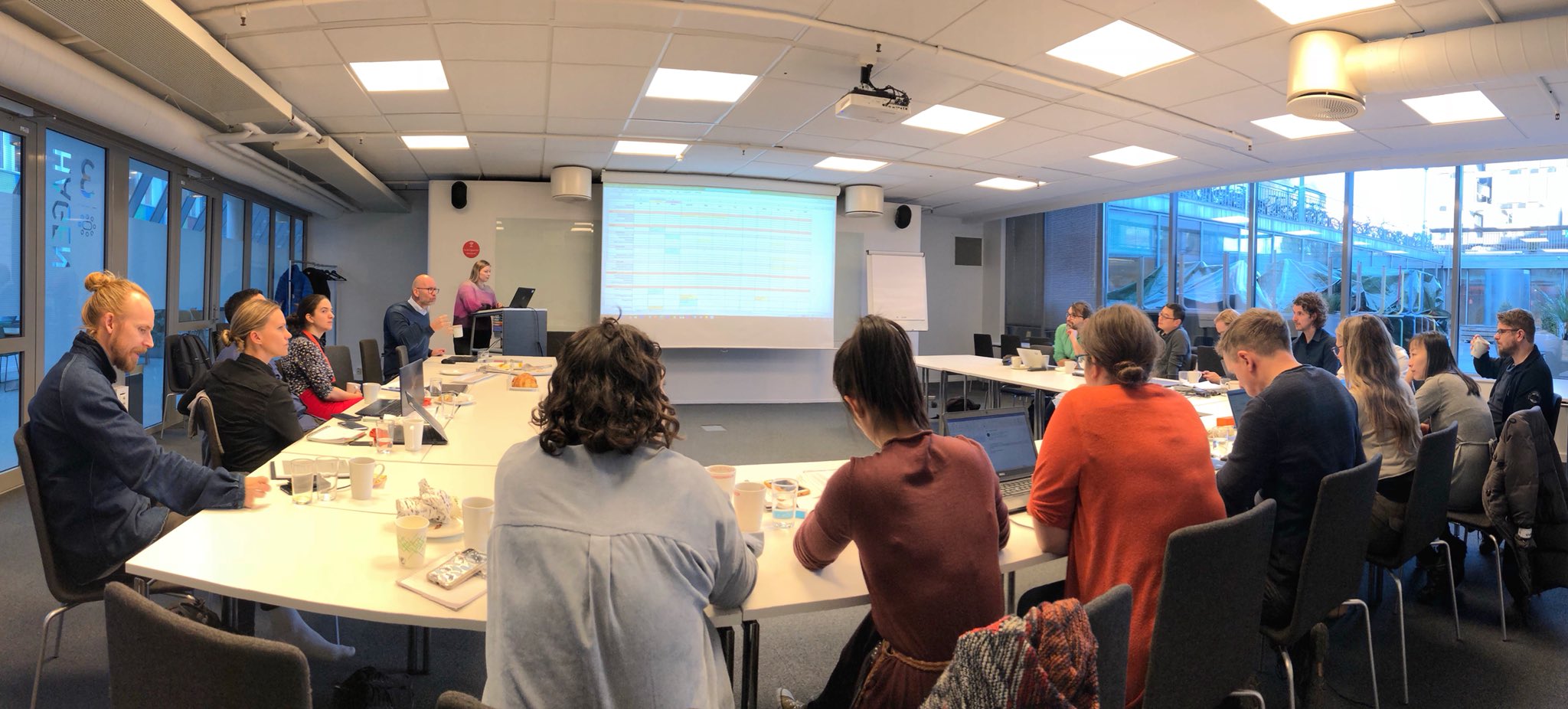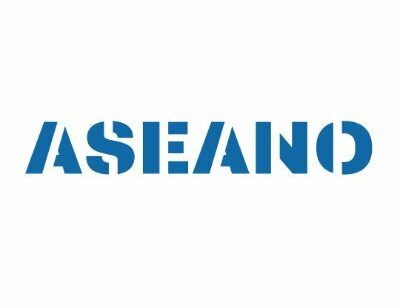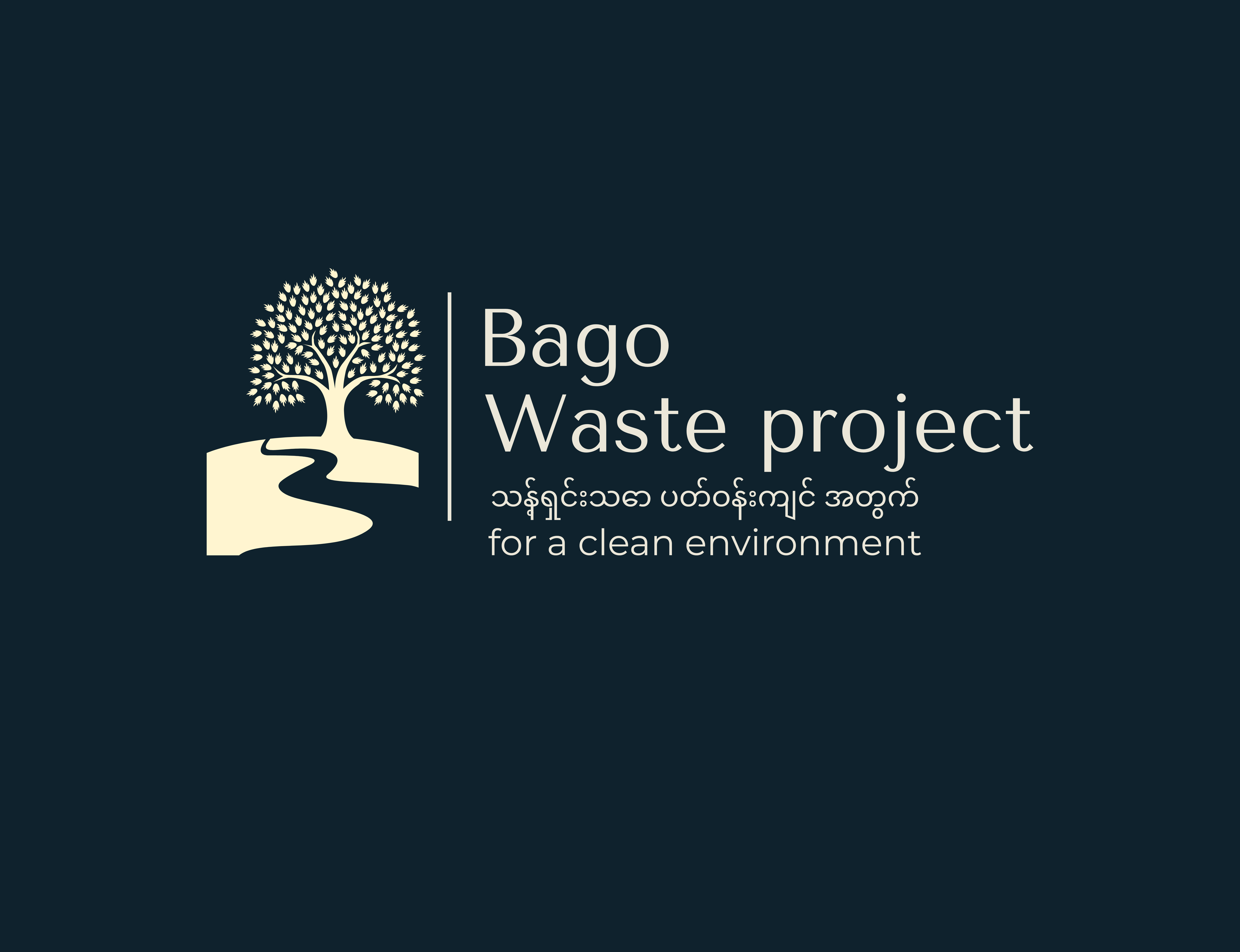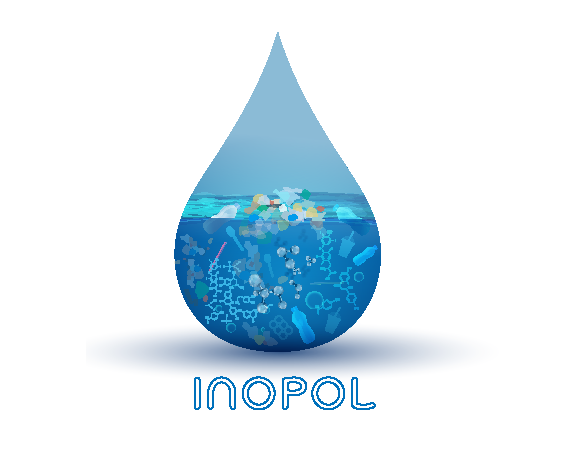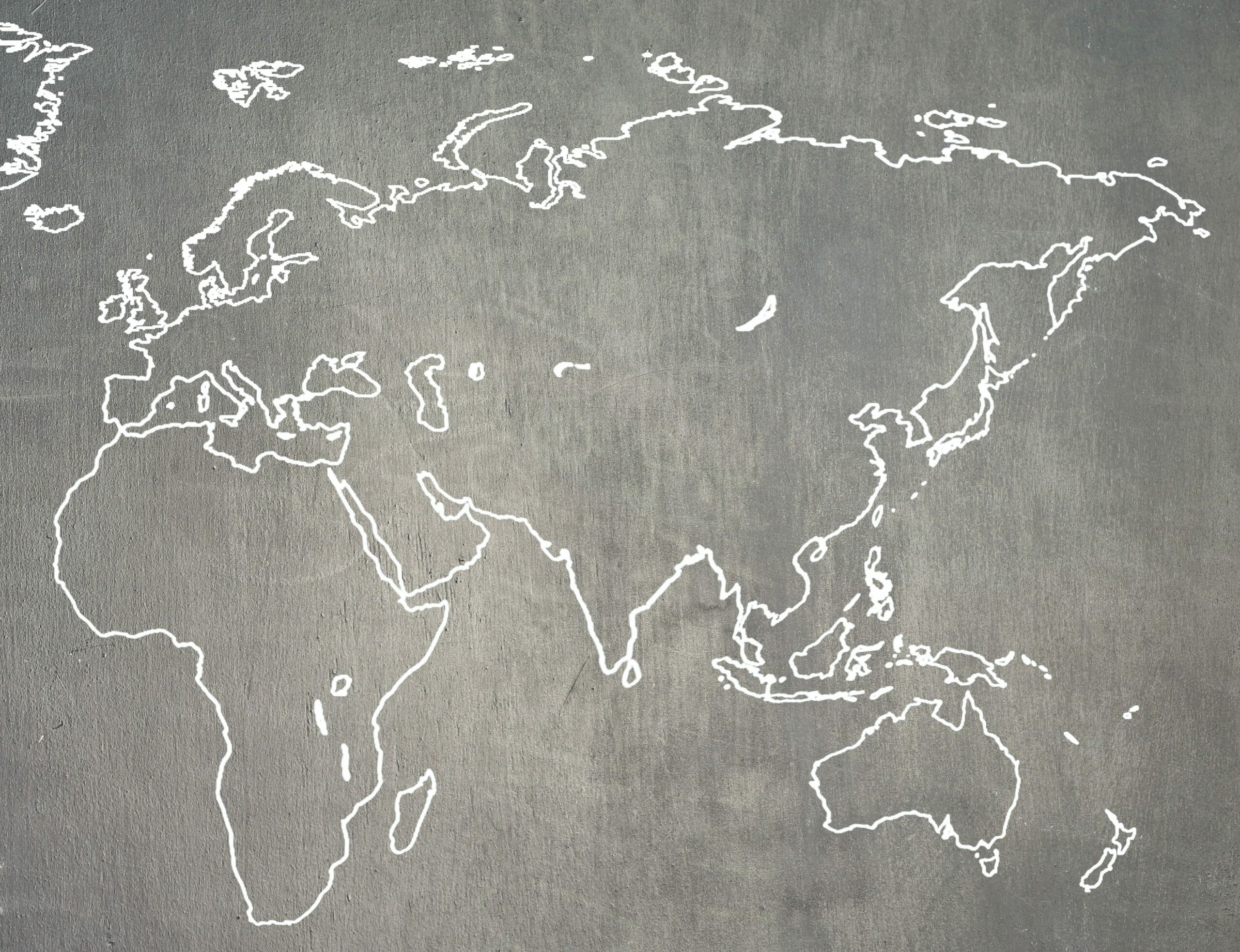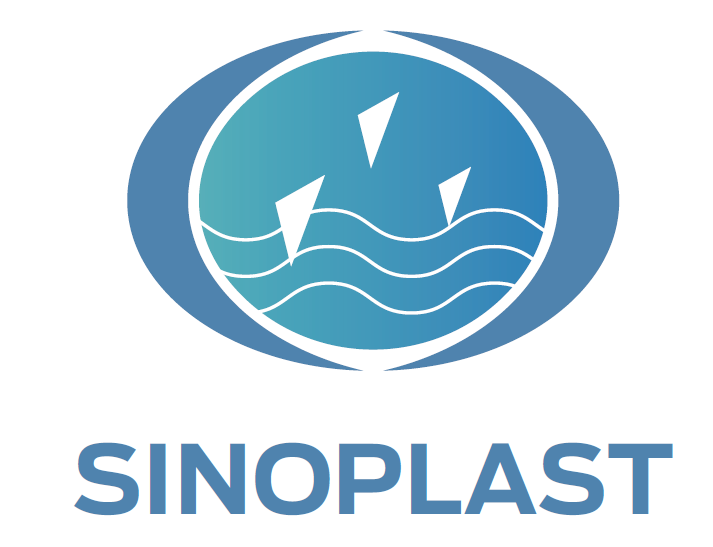Why IKHAPP is important
Plastic pollution has recently entered the global environmental agenda as one of the big challenges confronting humanity. The problem is growing rapidly, and is linked to a range of different environmental issues, including habitat destruction, biodiversity loss, human health, food security, chemical pollution, flood prevention and climate mitigation. While plastic pollution is a global problem, drivers and consequences vary considerably from region to region or country to country. Technological, economic and social development are also important factors that influence the extent of plastic pollution, and identification of appropriate solutions. In order to fight the problem on a global level, local and regional insights are thus key.
Plastic pollution is a complex issue. We believe that it is possible to solve it, but there isn’t just ‘one’ solution. Similarly, a critical and precautional approach is crucial before undertaking costly and ineffective pollution prevention and remediation measures. There is an exponential increase in research and development effort on plastic pollution. Paradoxically, such a trend risks to make relevant knowledge and experiences dispersed. We, as a scientific community, need to make sure to build on each other’s strengths and combine our efforts to answer the societal demand for knowledge and effective solutions. We believe that by building a scientific community and drawing on shared knowledge and expertise, the international knowledge hub can contribute to inspire better decisions and actions around the world.
